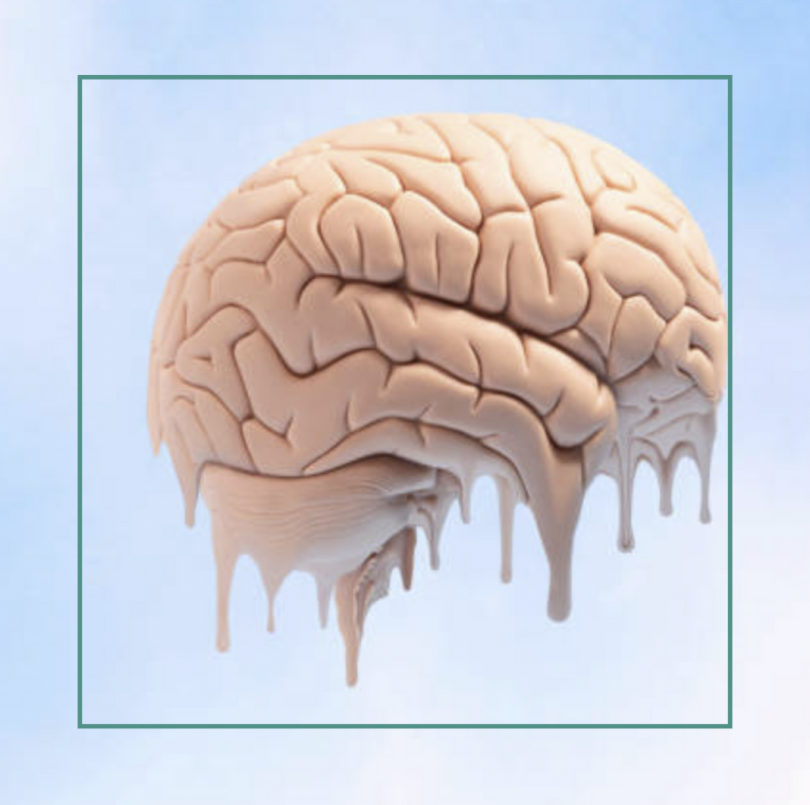A study shows that rosmarinic acid, whose deglycating effect has been demonstrated in vitro, may raise good hopes in the prevention of Alzheimer, a disease directly associated with glycation.
This 2019 Japanese double-blind animal model study showed that rosmarinic acid supplementation could suppress the accumulation of β amyloid in mice with Alzheimer’s disease. (1)
It is likely that the mechanism by which rosmarinic acid suppresses the accumulation of amyloid β plaques is not only by direct binding but also by another mechanism which remains to be clarified. The activation of neurotransmitters is the preferred track.
There are still many steps to be taken before these results can be transferred to humans, but these results confirm the potential of rosmarinic acid in the prevention of neurodegenerative diseases.
To be continued.
© Age Breaker 05 2021
[Glycation is one of the major causes of aging. Resulting from the fixation of sugars on the proteins constituting the organism, glycation generates toxic compounds that cause cellular aging. Glycation is particularly involved in metabolic disorders, skin aging and cognitive decline.] [AGE BREAKER, patented nutritional supplements, based on rosmarinic acid, recognized by aging specialists around the world for their properties to reverse the effects of glycation.]More on www.agebreaker.com
#agebreaker #glycation
(1): T. Hase et Al. Rosmarinic acid suppresses Alzheimer’s disease development by reducing amyloid β aggregation by increasing monoamine secretion. Scientific reports 8711. June 2019. doi.org/10.1038/s41598-019-45168-1.









